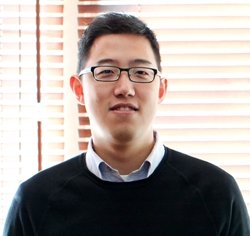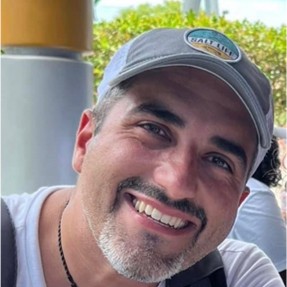PROGRAM STAFF

Edward is an Associate Professor in Computer Science at Drexel University, USA, and Co-founder of the Terra Rebels organization. He has been volunteering for the betterment of the Classic chain for the past 6 months. In his day job, Ed has received $2.19M in total research funding in the past 5 years. He has received grant awards from the NSF, DARPA, Bill and Melinda Gates Foundation, Robert Wood Johnson Foundation, NIH, DOE, DOD. He also regularly reviews grant proposals for the National Science Foundation and other grant agencies.

Marco Ferreira, a graduate from Temple University, has spent the majority of his career, with both public and private sector organizations, as a seasoned and high-performing program development, non-profit and fundraising officer with over 10 years’ experience in the affordable housing, resident services markets, public sector, & grant and program management Under his leadership, he has developed various programs including a high degree of Federal, State, and Local government partnerships and the management of successful mult-million dollar grants. Also, Marco is a professor at Temple University where his teachings focus on community outreach and development in the New Urbanism landscape.

An expert in brand management, David Coyne has spent several years at Reckitt managing a $500M brand. During his tenure he has driven double digit revenue growth in key business segments, launching national campaigns that brought new consumers into the brand portfolio and kept them in it. Looking for a new challenge, David is currently transitioning to brand management at consulting firm McKinsey & Company. Outside of work, David likes to spend time outdoors with his wife Sarah and two young sons. David is fond of travelling to new places and is a die-hard FC Barcelona fan.